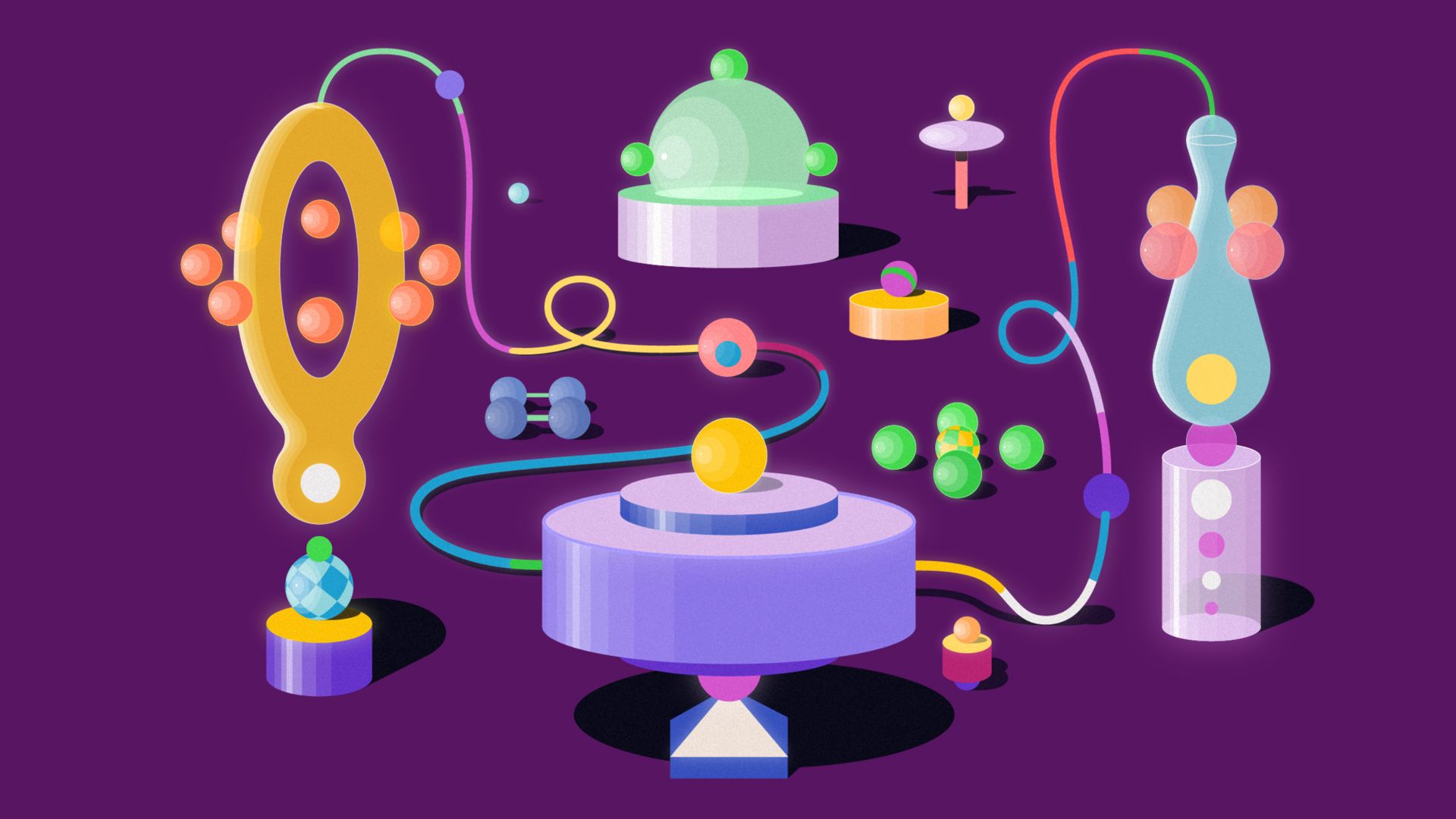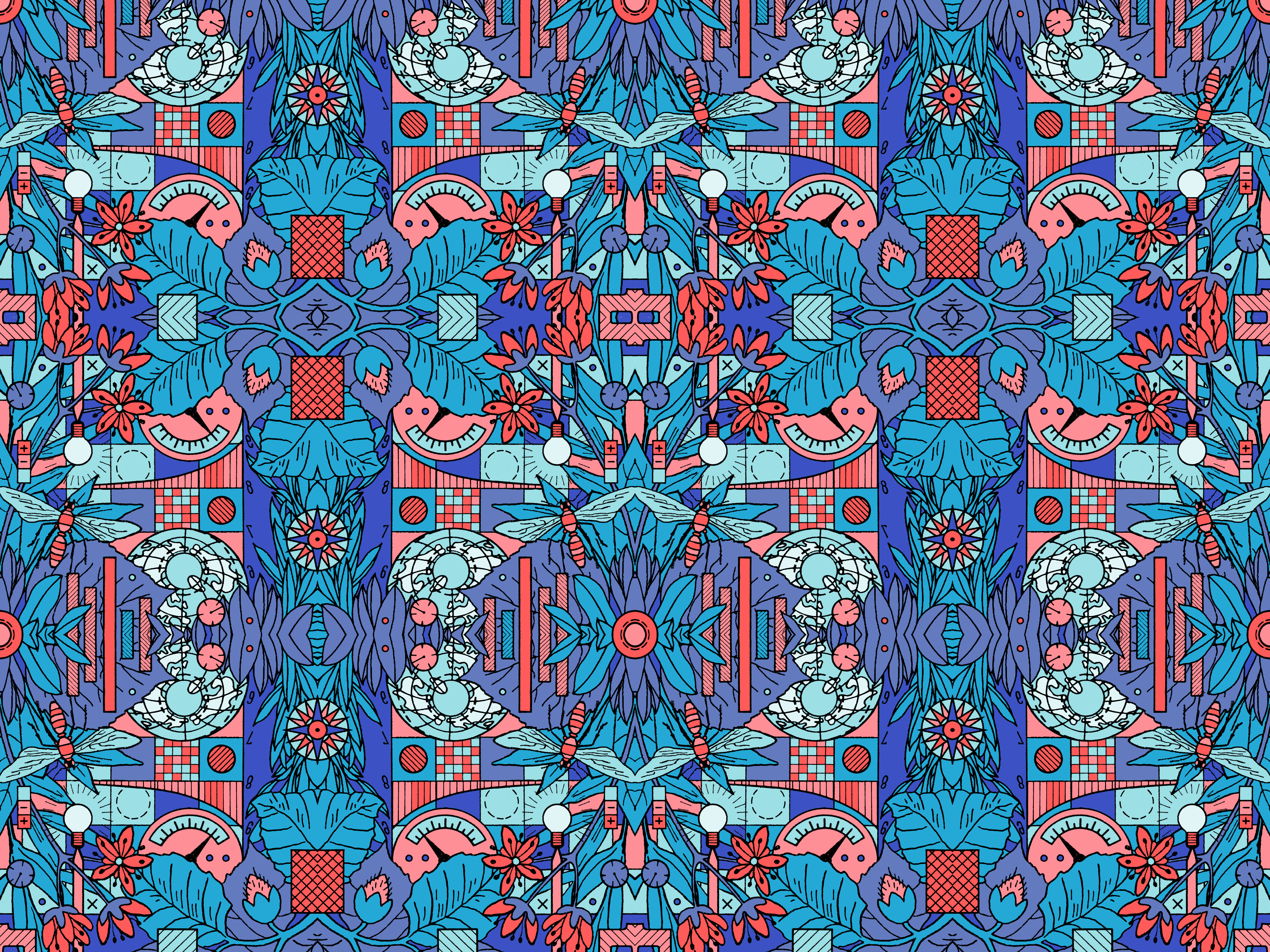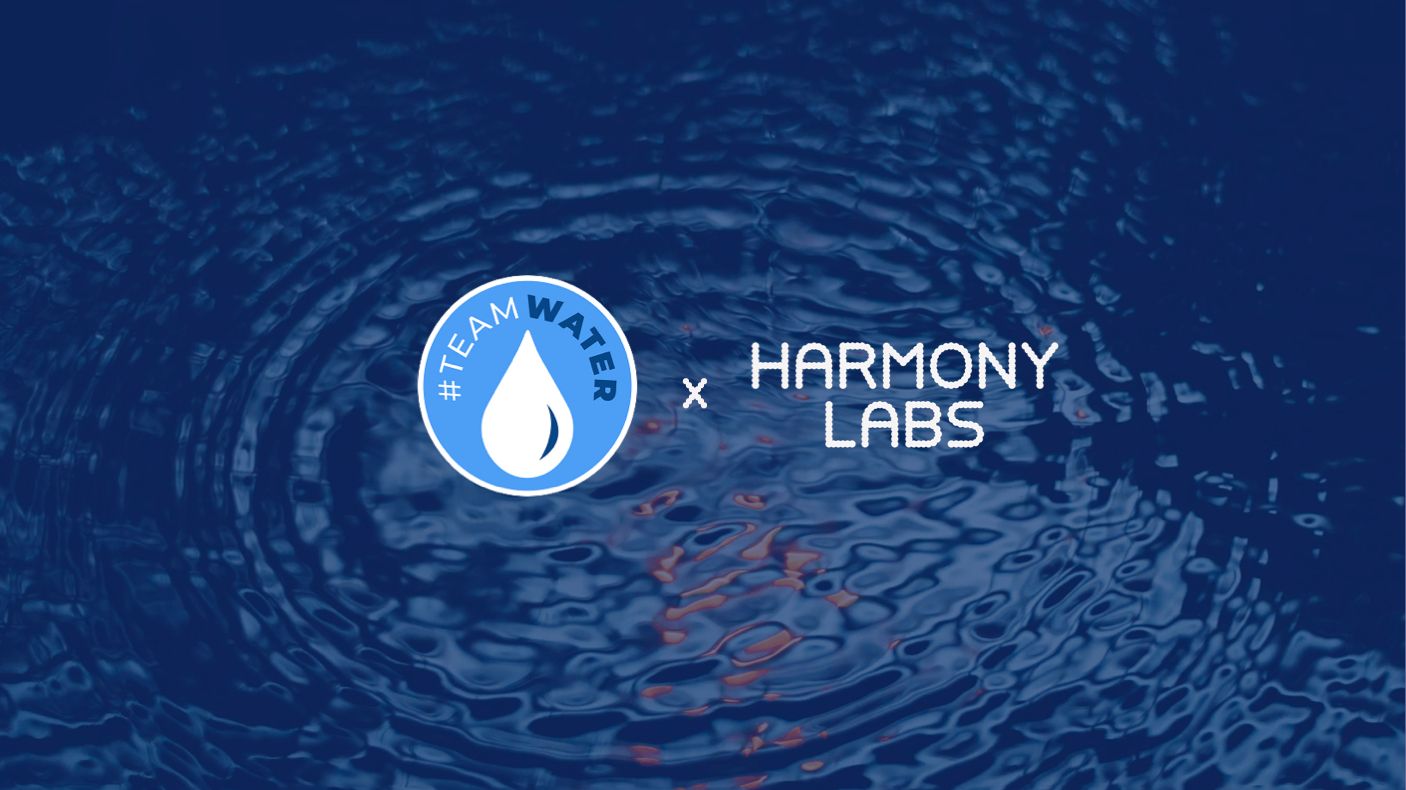Four Principles For Building Power in Media


2025-08-07
We’re thrilled to announce the launch of the Narrative R&D Lab for Economic Mobility and Opportunity at Harmony Labs, a first-of-a-kind, three-year initiative designed to advance narratives with the power to reshape how America understands and addresses poverty.
In the U.S., achieving and maintaining financial security is becoming harder for millions of people. This struggle is made worse by deeply rooted, often harmful narratives about poverty—stories that influence how we assign blame, imagine solutions, and decide who deserves support. These narratives don’t just shape opinions; they drive policies, programs, and funding decisions, often standing in the way of a more equitable society.
Poverty’s causes are multifaceted, spanning health, housing, education, job quality, and more. Decades of hard work by nonprofits and funders have led to real progress in many of these areas of the Economic Mobility & Opportunity (EMO) field. However, fragmentation makes it difficult for organizations to unite around a single, compelling narrative goal. As a result, narrative strategies are often developed in isolation, leading to a patchwork of stories and messages that rarely break through to the public and fuel skepticism about whether change is even possible.
Multiple EMO organizations have expressed that, despite having great capacity at developing programs, and producing research and data, they often struggle to communicate in ways that “move hearts and minds.” It’s clear that shifting public narratives takes more than facts. It takes stories that resonate, told at scale, and tailored to the audiences who need to hear them most.
To reach that scale, we need many storytellers working in harmony, sharing thousands of stories that support a future where every individual has the opportunity for financial security, self-determination, resilience, and a sense of belonging within their communities. The Narrative R&D Lab exists to make this possible: developing and rigorously testing narrative hypotheses through compelling content, and then widely disseminating these actionable insights to develop greater capacity and coordination across organizations working in the economic mobility space.
The Narrative R&D Lab operates in iterative cycles, integrating research, content creation, and field engagement. Each cycle builds on the last, as part of a long-term strategy to continuously develop and test hypotheses, refine insights, and produce tools and strategies.
At the heart of our process is a Community of Practice, a collaborative group of EMO organizations and storytellers who will apply these insights in real-world settings. Our founding CoP members include Camber Collective, Opportunity@Work, Opportunity Insights, and Results for America, each bringing their expertise and perspective to a community that is always evolving and expanding. Together, we’ll develop user-centered tools, help the field adopt our outputs, and build capacity to engage more effectively with narrative change work.
If you’re an EMO practitioner, researcher, funder, or advocate working in the EMO space, we welcome you to join us and help define a shared, lasting infrastructure for narrative change.
We’re not about pushing a single message or dictating talking points. Instead, we’re building a scientific way to uncover how stories can shift public attitudes about poverty and opportunity. Our goal is to equip journalists, mediamakers, government leaders, funders, and partners with the tools to spark coherence and connection across an often fragmented landscape. Here’s how the Narrative R&D Lab stands apart:
Narrative change is a long game, requiring patience, coordination, and a willingness to learn what works together. We see the Lab as an engine for discovering which stories actually move people, and for helping the field “sing from the same songbook.” That means that all Lab efforts will work toward specific narrative goals, evaluating content against the following shifts in public understanding:
If you’re interested in how narrative change can make a difference for people experiencing poverty, or want to join this unique community of practice, sign up for updates.
***
This project is supported by a grant from Omidyar Network and the Gates Foundation. The views expressed here do not necessarily reflect the views of the Foundation.



